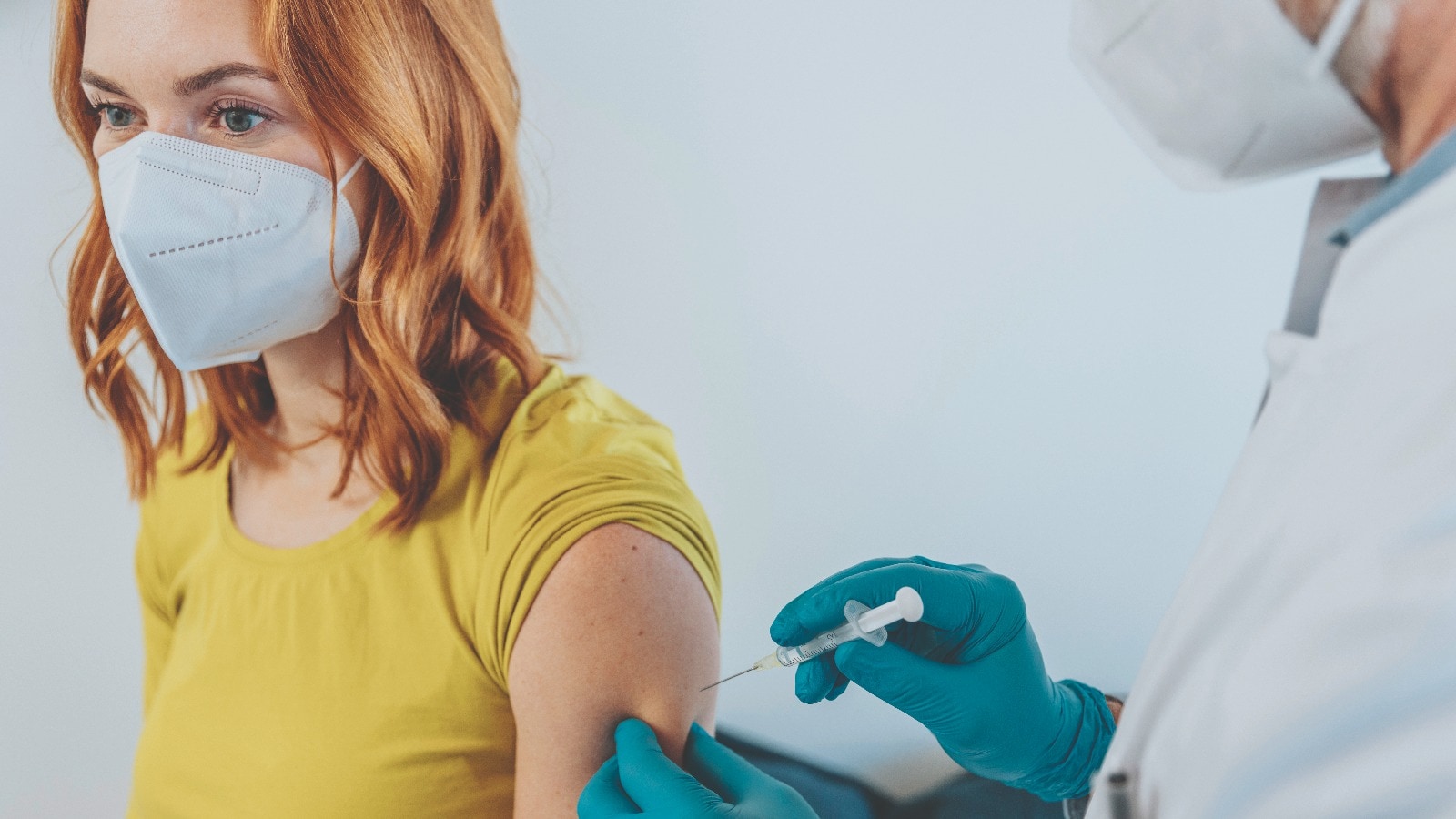{{item.title}}
{{item.text}}

{{item.text}}
COVID-19 has caused an unprecedented shock to European healthcare systems, leaving no components unaffected. But impacts will be felt long after the pandemic subsides, creating new patterns of health demands that systems must prepare for. In such a complex environment, the challenge is knowing where to focus, and which strategic priorities should guide healthcare system transformation.
Based on research and consultation with leading European experts, PwC Switzerland and the European Federation of Pharmaceutical Industries and Associations (EFPIA) have identified key goals and strategic directions that should be pursued by European health systems going forward to provide the population with the quality care they deserve at all times.
The shift from treatment to prevention requires the strengthening and upgrading of tools and skills. To achieve better outcomes, European healthcare systems and stakeholders should work jointly to shape and enable the delivery of relevant innovation to patients.
In the future, care models should be built around patients (especially chronic ones), which will require a better integration of different disciplines and services, but also innovative payment models to reward efficient care pathways.
By monitoring and modelling epidemiological trends, risk factors, socioeconomic context, as well as “scanning” for emerging technologies, forward-looking decisions can be taken around investments and resource needed to improve population outcomes.
To mitigate potential future disruptions, a set of measures around data access and collection should be taken proactively so that clinical trials can be executed remotely.
Going forward, European countries need to strengthen infrastructural investments, and harmonise processes and standards to drive efficiency and bring to life the future European Health Data Space.
Pushed by the pandemic, virtually all countries had to implement financial incentives to support telemedicine and remote care. Such incentives should be reviewed and refined to support e-care delivery in a sustainable fashion.
Healthcare professional training should be expanded to include skills around e-health and patient data management, but also crisis preparedness and communication to support system response and transformation.
Healthcare systems and communities should invest in establishing trusted communication channels for vulnerable individuals, and listen to their experience to shape services for better outcomes.
Responding to COVID-19 and future pressure to healthcare systems will require different stakeholders getting together around critical strategic themes. The whole study period has proven very fertile for us in building new relationships. We aim to kick-start initiatives that build on the synergies triggered by those relationships!
EFPIA and PwC encourage anyone with ideas for implementing initiatives relevant to the strategic directions we identified to reach out to us.
{{item.text}}

{{item.text}}

Managing Partner, Advisory and Consulting Leader, PwC Switzerland
Tel: +41 58 792 53 09



